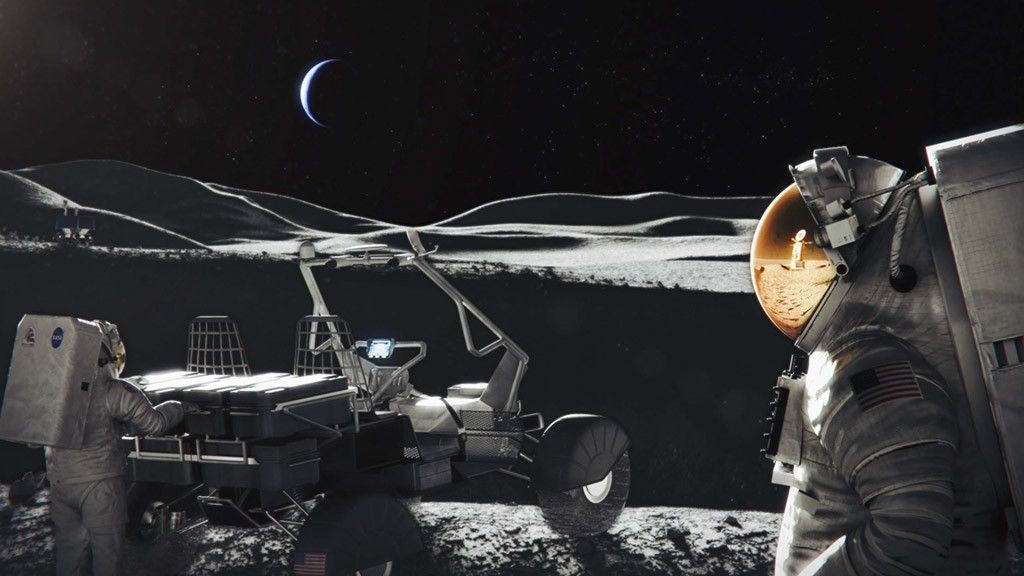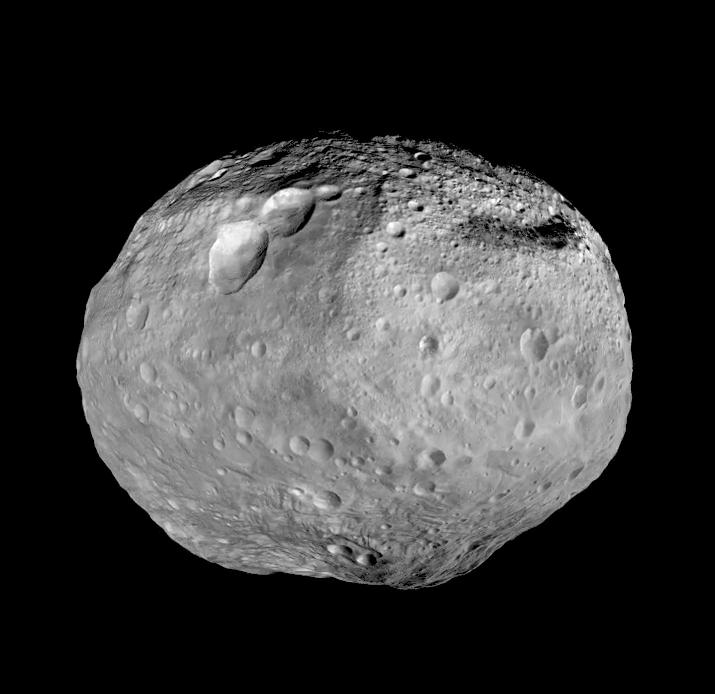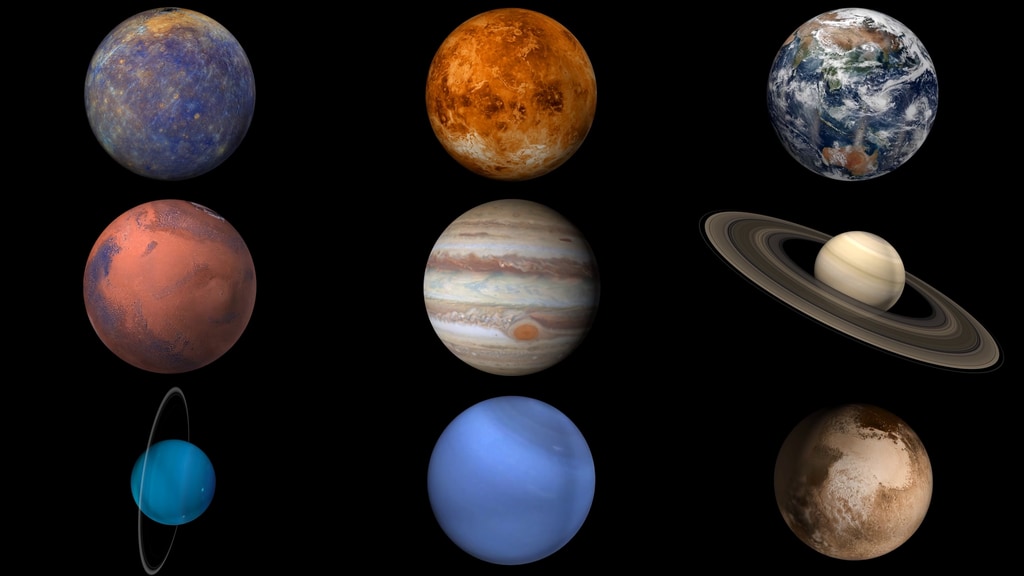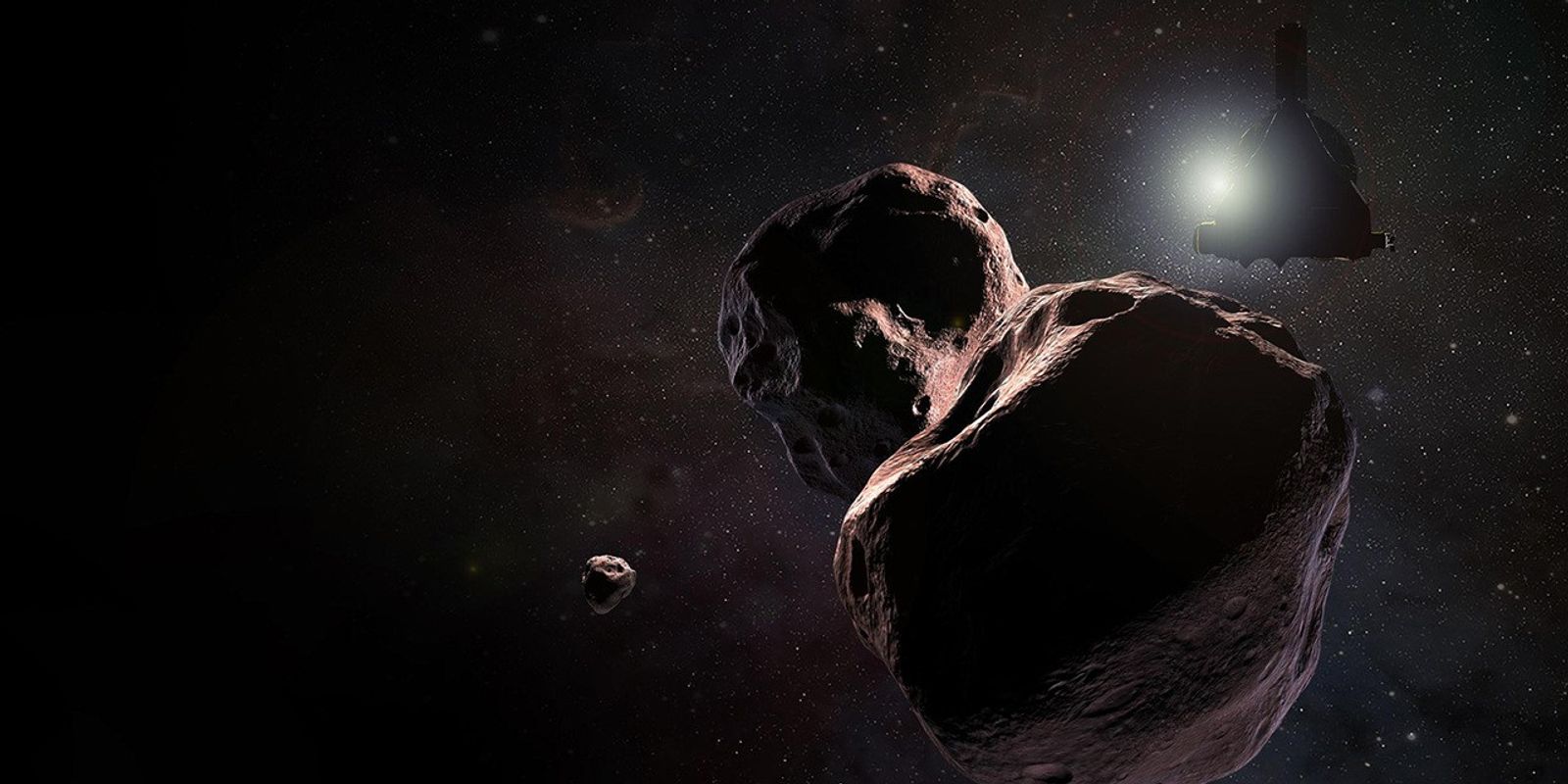Data Management, Preservation and the Future of PDS
Author(s):
Reta F. Beebe
Co-Author(s):
Charles Acton, Raymond Arvidson, Jim Bell, Dan Boice, Scott Bolton, Steven Bougher, William Boynton, Daniel Britt, Marc Buie, Joseph Burns, Maria Teresa Capria, Angioletta Coradini, Daniel Crichton, Peter Ford, Richard French, Lisa Gaddis, Peter Gierasch, Randy Gladstone, Mitch Gordon, Ronald Greeley, Kenneth Hansen, Jakosky, Bruce, Yasumara Kasaba, Krishan Khurana, William Kurth, Emil Law, Ralph Lorenz, Conor Nixon, Chris Paranicus, Wayne Pryor, Thomas Roatsch, Chris Russell, Gerhard Schwehm, Richard Simpson, Mark Sykes, Dave Tholen, Raymond Walker, Paul Withers, Joseph Zender
Panel Selection:
Inner Planets: Mercury, Venus, and the Moon.Mars: Not Phobos and Deimos.Giant Planets: Jupiter, Saturn, Uranus, Neptune, and exoplanets, including rings and magnetic fields, but not their satellites.Satellites: Galilean satellites, Titan, and the other satellites of the giant planets.Primitive Bodies: Asteroids, comets, Phobos, Deimos, Pluto/Charon and other Kuiper belt objects, meteorites, and interplanetary dust.
Institution:
New Mexico State University
This paper summarizes the history, evolution and current status of analysis and archiving of planetary science data. It presents goals for PDS 2010, a revised PDS, and addresses conditions needed to achieve those goals.
Feedback
Please let us know if you find any discrepancies or inaccuracies.
































